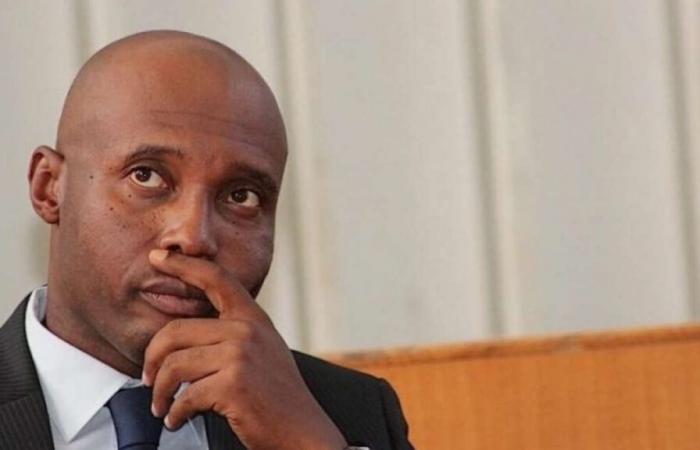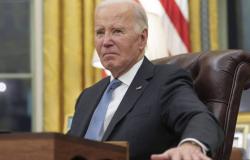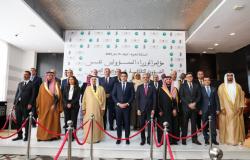The year 2025 is off to a difficult start for Barthélémy Diasancien mayor of Dakar, who sees his international career also impacted by his dismissal last December. This new episode marks a turning point for the man who, until recently, held the prestigious position of president of Metropolisa global organization bringing together large cities and metropolises.
The loss of his mandate as mayor of Dakar on December 13, 2024 had immediate consequences on his role at the head of Metropolis. According to an official note signed by Jordi VaquerSecretary General of the organization, Barthélémy Dias was automatically stripped of his presidency. An unprecedented decision which led the Metropolis Executive Committee to meet on January 8, 2025 to examine the situation and adopt transitional measures.
After analysis, the Committee decided to apply the provisions provided for in article 10 of the Metropolis Statutes, which stipulate that in the event of a vacancy in the presidency, one of the co-presidencies acts as interim president. This is how the city of Montevideo, in Uruguay, was designated to occupy this role until the election of a new president.
This decision makes it possible to maintain the continuity of Metropolis’ activities, while highlighting the exceptional nature of the situation. Elected to the presidency in June 2023, Barthélémy Dias will only have held this position for a year and a half, a mandate cut short by the turbulence of the Senegalese political scene.
Metropolis, created to promote cooperation between the world’s major cities and metropolitan regions, today brings together more than 140 members. This platform plays a key role in sharing expertise and developing innovative urban solutions. The presidency of this organization offers significant international visibility and leverage to influence major global urban orientations.
The dismissal of Barthélémy Dias, although linked to his local functions, underlines the interdependence between national and international mandates. It also recalls the importance of political stability in the management of representational roles at the global level.
For Barthélémy Dias, this double setback marks a difficult stage in his political career. Having succeeded in establishing himself on the international scene with his election as head of Metropolis, he now sees this opportunity slipping away, giving way to uncertainties about his political and professional future.






